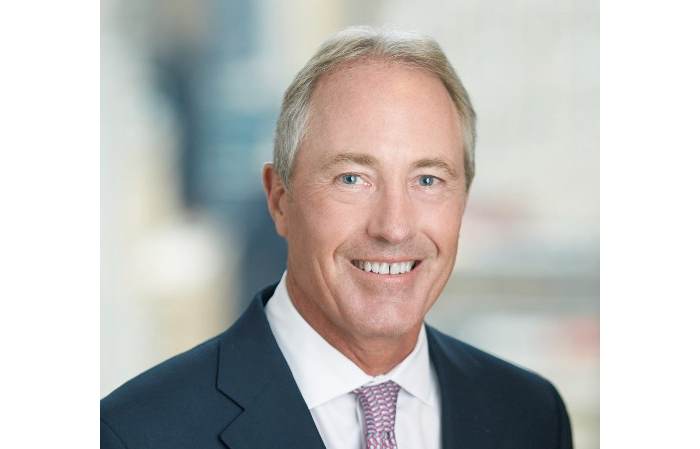Any erosion of insurance contract rights, through the honouring of claims where coverage was never intended, or refusal of claims that should have been covered, would be bad for the economy as a whole, Guy Carpenter’s Chairman David Priebe explained to us.
 In a wide-ranging interview, Priebe said that it remains challenging to understand just how big an impact the coronavirus pandemic will have on global insurance and reinsurance markets.
In a wide-ranging interview, Priebe said that it remains challenging to understand just how big an impact the coronavirus pandemic will have on global insurance and reinsurance markets.
“This unprecedented global crisis is causing significant disruption in clients’ primary business, though the extent of losses is not yet fully understood,” the Chairman of global reinsurance broker Guy Carpenter told us.
Priebe feels it is vital that the contract is followed when it comes to the honouring, or otherwise, of claims related to the COVID-19 pandemic.
“P&C insurers are watching the US courts closely. Certain legislatures are considering proposals to expand business interruption coverage beyond its original terms, while ongoing coverage disputes between insureds and insurers threaten to undermine exclusion clauses that have stood for years. This could have serious implications for insurers given the scale of economic losses globally,” he said.
Adding, “As it stands, some insurance policies will respond to COVID-19-related claims, and others will not. It is important these contracts are honored as any erosion of contract rights, either through legislation or court decisions, is bad for the economy as a whole.”
While the industry negotiates attempts to force it to pay claims where they were never intended to fall, Priebe also sees this situation creating an opportunity as awareness of pandemic risk is now much higher and so demand for coverage as well.
“COVID-19 has undoubtedly highlighted a protection gap for pandemic risk, as many insureds have realized that their policies did not cover them for an event of this nature,” he said. “Developing solutions to address gaps in coverage is now a top priority for the re/insurance sector.
“New coverages may take some time to develop, and a public-private partnership approach may be needed to protect policyholders against systemic shocks from future pandemics.”


